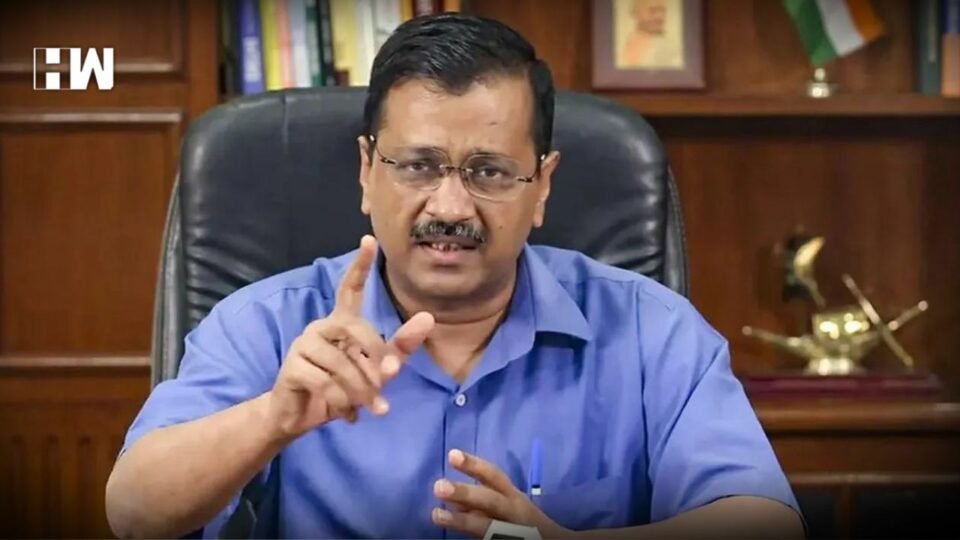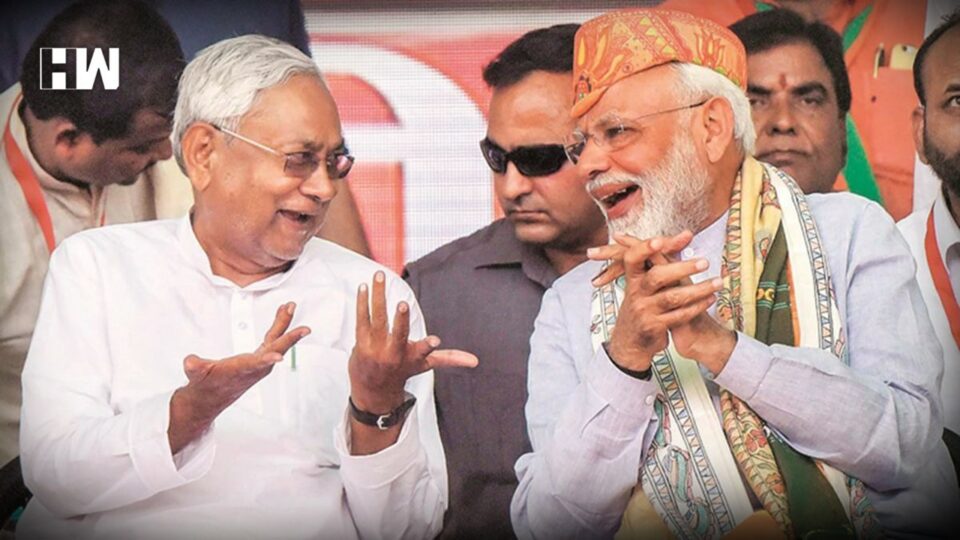Mr. Arvind Kejriwal claimed, that an atmosphere is being created against free government welfare services by terming them freebies, rather than planning to strengthen them in the 75th year of independence.
New Delhi: Hitting back at Prime Minister Narendra Modi, and the Centre over the “free revdi” remark, Delhi Chief Minister and national convenor of the Aam Aadmi Party, Arvind Kejriwal, lashed out at the union government for waiving off debts “worth ₹ 10 lakh crore” of those he alleged were close to the government.
“A law should be brought in to declare this treason and all those involved should be sent behind bars”, the Delhi CM said.
Accusing the Bharatiya Janata Party of ‘dostvaad’ (favoring friends) and Congress of ‘parivarvaad’ (dynastic politics) without naming them, the Aam Aadmi Party chief said his party is trying to usher ‘Bharatvaad’ (Indianness).
The Delhi CM, further said, questioned why should only ministers get free electricity and not ordinary citizens. “What’s wrong in providing free water, free education?” he asked and attacked the Centre for calling them freebies while writing off massive corporate debts.
Mr. Arvind Kejriwal claimed that an atmosphere is being created against free government welfare services by terming them freebies, rather than planning to strengthen them in the 75th year of independence.
In a virtual address, a visibly agitated Mr. Kejriwal demanded the Centre provide quality education and healthcare for free, 300 units of electricity to every household, and also offer an unemployment allowance.
Without naming anybody, Mr. Kejriwal alleged the centre of waiveing of loans of friends, he said, “These people waived off the loans of ₹ 10 lakh crore of their friends. Such people should be called traitors and investigation carried out against them.”
Prime Minister Narendra Modi had last month warned people against what he called a “revdi (sweet) culture” under which votes were sought by promising freebies and said this could be “very dangerous” for the development of the country.
As an independent media platform, we do not take advertisements from governments and corporate houses. It is you, our readers, who have supported us on our journey to do honest and unbiased journalism. Please contribute, so that we can continue to do the same in future.


